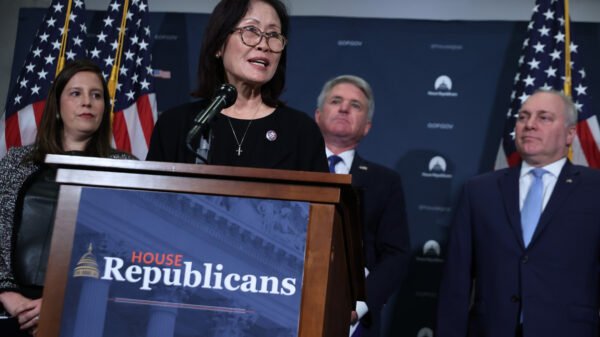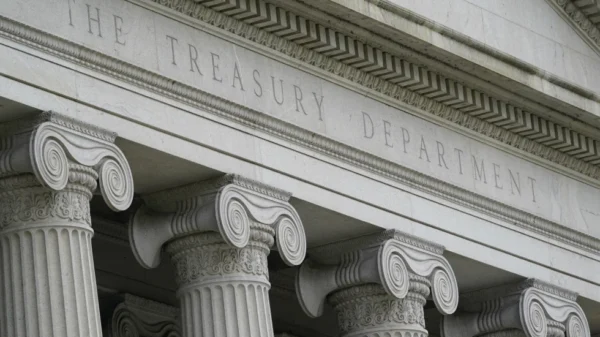Navigating the Landscape of Digital Privacy: A Glimmer of Hope for Americans
For years, Americans have grappled with concerns over digital privacy, as Big Tech companies have amassed unprecedented amounts of personal data with minimal regulation or oversight. However, a newfound sense of optimism is emerging as policymakers and advocates push for comprehensive privacy legislation that aims to protect individuals’ rights and hold tech giants accountable for their data practices.
The absence of a federal privacy law in the United States has left consumers vulnerable to exploitation and abuse by powerful tech companies. Without clear guidelines or regulations governing the collection, use, and sharing of personal data, Americans have had little recourse to safeguard their privacy rights in an increasingly digital world.
However, recent developments suggest that change may be on the horizon. With growing public awareness and concern over privacy issues, lawmakers on both sides of the political aisle are increasingly recognizing the need for action to address the shortcomings of current privacy regulations.
One proposed solution is the introduction of comprehensive federal privacy legislation that would establish clear rules and standards for how companies collect, use, and protect consumers’ personal information. Such legislation would provide individuals with greater transparency and control over their data while imposing stricter penalties on companies that violate privacy laws.
In addition to federal efforts, several states have taken matters into their own hands by passing their own privacy laws aimed at enhancing consumer protections. California’s landmark Consumer Privacy Act (CCPA) and Virginia’s Consumer Data Protection Act (CDPA) are among the most notable examples, signaling a growing trend towards state-level privacy regulation.
While state-level initiatives have provided some measure of protection for consumers, there remains a pressing need for comprehensive federal legislation to establish consistent standards and protections nationwide. A patchwork of state laws can create confusion and compliance challenges for businesses operating across multiple jurisdictions, highlighting the importance of a unified approach to privacy regulation.
One of the key provisions of proposed federal privacy legislation is the establishment of a national data protection authority tasked with enforcing privacy laws and holding companies accountable for data breaches and privacy violations. This independent regulatory body would have the authority to investigate complaints, impose fines, and take enforcement actions against companies that fail to comply with privacy regulations.
In addition to strengthening enforcement mechanisms, federal privacy legislation would also empower consumers with greater control over their personal data. Provisions such as the right to access, correct, and delete personal information would give individuals more agency over their digital identities and enable them to make informed choices about how their data is used.
Furthermore, federal privacy legislation would provide much-needed clarity and certainty for businesses, helping to level the playing field and promote fair competition in the digital marketplace. By establishing consistent rules and standards, companies would have clear guidelines to follow, reducing the risk of regulatory uncertainty and litigation.
While the prospect of comprehensive federal privacy legislation is cause for optimism, significant challenges remain on the path to enactment. Political gridlock, industry lobbying, and competing priorities may hinder progress on privacy reform, making it essential for lawmakers and advocates to continue pushing for meaningful change.
In the meantime, individuals can take steps to protect their privacy by being mindful of the data they share online, using privacy-enhancing tools and settings, and supporting companies that prioritize privacy and data security. By collectively advocating for stronger privacy protections and holding tech companies accountable for their data practices, Americans can help shape a more privacy-respecting digital future for generations to come.
































